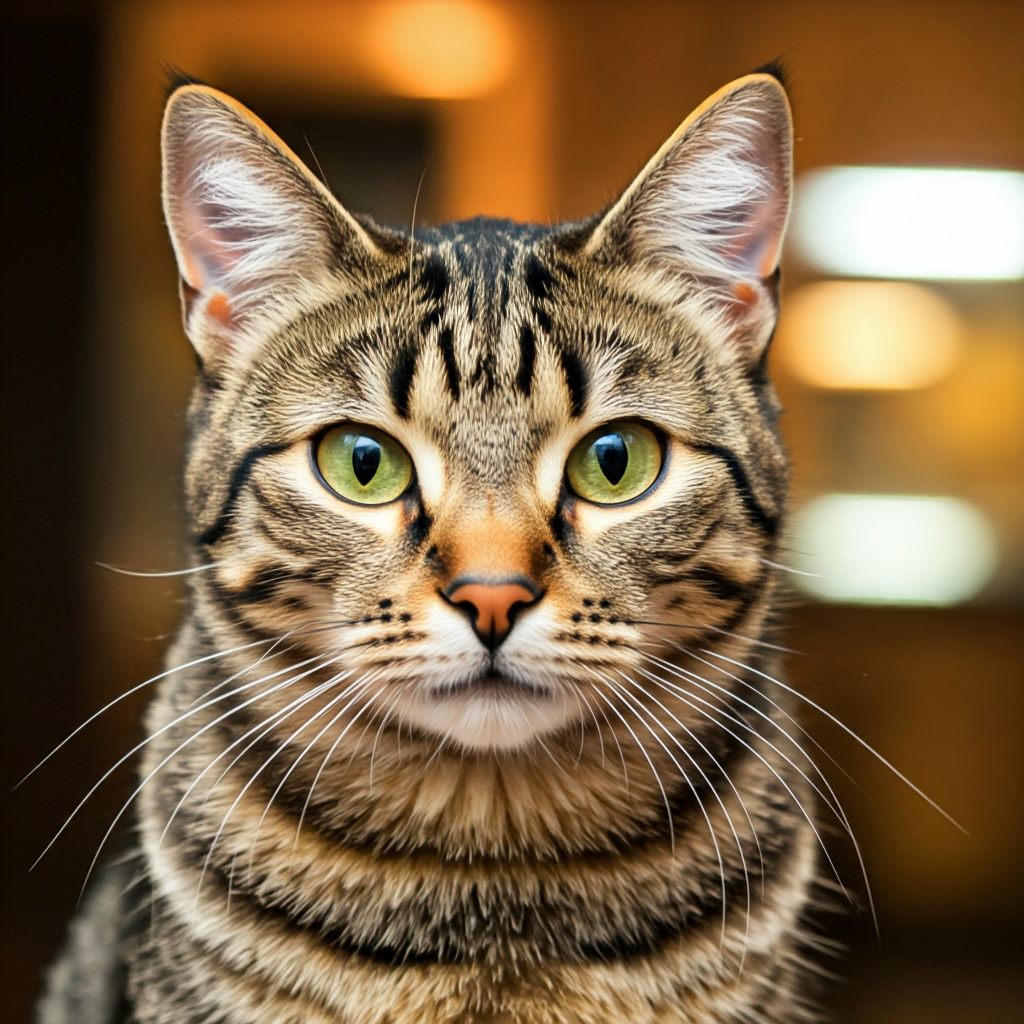
Cats have a reputation for being long-lived, but how do they manage to live so long?
Let’s face it: the average cat has a life expectancy of 15 years. That’s three times as long as the average human!
Why is this? What makes cats so long-lived? And what can you do to keep your cat healthy and happy for years to come?
Cats are considered to be one of the longest-living species on Earth, and they live an average of 12 years. Why do cats live longer than most other animals?
Cats generally have a lower chance of getting diseases like cancer and heart disease. They also tend to be leaner than dogs, which makes them less likely to develop obesity-related health problems.
Cats also tend to be born in good health, so they don’t have to worry about going through a lot of stress or trauma during their lives.
Here are some reasons why cats live longer than dogs:
Cats are smaller than dogs. The average cat is about half the size of the average dog, so they don’t require as much food or water. This means they’re less likely to get overweight or develop diabetes than dogs.
Cats are more active than dogs. Cats love to play and hunt, which burns off energy quickly, making them less likely to gain weight than dogs that sit around all day like lazy bums (or irritants). It’s also fun for them!
Cats have no need for grooming. They don’t go through moulting season like haired dogs so there’s no need for regular baths or haircuts.
Can Cats Live 30 Years?
Yes, cats can live 30+ years if they are healthy and cared for appropriately. Cats have a short life span compared to other pets, but the good news is that they can live just as long as dogs or other mammals.
Cats are amazing creatures and they have made a lot of progress in recent years because of the care they receive at home. Many people take their cats everywhere they go, whether it be on vacation or even while they work. This leads to a lot of stress on their bodies which can lead to many health issues later on in life.
Cats are relatively small animals compared with dogs and other mammals so they don’t require as much food or water as larger animals do. They also don’t need as much exercise because they are naturally active by nature and don’t need much encouragement from humans either!
Cats are great at living on their own for a long time. They are independent, self-sufficient creatures who don’t require much attention from their owners.
They don’t need to be cuddled or petted all day long like dogs do.
Cats don’t want to be held or stroked because they know that this would make them feel vulnerable. It’s best if they can just stay alone and do whatever they want without any interference from us humans.
Why Do Cats Only Live 20 Years?
Cats are beautiful and fun, but they aren’t exactly known for their longevity. In fact, the average lifespan of a cat is about 20 years. Why do cats only live 20 years?
Cats have short lifespans because of their heredity: they are born with a genetic disposition that determines how long they will live. This genetic predisposition is passed down from generation to generation and causes many health issues in cats that shorten their lives.
The most common diseases that shorten cats’ lives are diabetes, kidney disease and heart disease. These conditions can cause anemia, loss of appetite and chronic pain. The lack of exercise due to illness also weakens muscles and bones which can lead to fractures or broken bones.
One of the main reasons for this is that cats have no natural predators in their environment. This means that they can do whatever they want, whenever they want and there’s no one to tell them what to do.
Cats also tend to live longer because of their diet. Unlike dogs, cats don’t need much food to maintain their body weight and energy levels in adulthood. They eat less and have higher metabolic rates than dogs, which means they don’t need as much food to survive and thrive.
Lastly, cats are more relaxed than dogs and can sleep almost anywhere at any time of day or night! This gives them more time to play and explore without worrying about being caught by predators or getting into trouble with humans or other animals in their environment.
What Lives Longer Dog or Cat?
The answer is that it depends on what you’re comparing them to.
It seems like a simple question, but there is actually a lot of science behind it. The answer depends on many factors, such as diet, activity level and even how old you are. But there are some general guidelines that can help you make an informed decision about which pet will live longer.
The average life expectancy of a dog is around 13 years. The average life expectancy of a cat is around 15 years. They’re both pretty long-lived, but the difference between the two numbers is huge.
If you look at the data in terms of how much time each animal spends being alive, it’s a lot closer to 50/50 than 13/15. A dog lives most of its life in an environment of extreme stress, and then dies shortly thereafter from something like cancer or old age. A cat experiences far less stress in its life, so it’s more likely to live even longer than its numbers would suggest.
But if you’re asking about how long each animal can expect to live if it gets hit by a truck tomorrow morning, then I’d say there’s no way anyone could predict with any certainty which one would die first.
How Old Is the Oldest Cat?
Creme Puff, a domestic cat who lived to an age of 38 years 3 days, was the oldest cat ever recorded in the Guinness Book of World Records.
In an interview with The Washington Post, Jake said that he was not aware of any other felines that had lived longer than Creme Puff and attributed her longevity to the fact that she ate well and took daily walks outside.
He also said that keeping his cat indoors kept her healthier than if she lived outside or in another household where there were other pets or children around.
Creme Puff’s lifespan is believed to be due to a genetic mutation which causes the cats to slow down their metabolism and live longer when they are not exposed to bright light.
Do Indoor/Outdoor Cats Live Longer?
This is a question that many cat owners ask themselves. The answer is, yes, indoor cats live longer than outdoor cats.
The reason this happens is because indoor cats are protected from the elements and parasites like fleas and ticks. Outdoor cats are at risk of being attacked by other animals or getting sick from viruses or other diseases.
Another reason why indoor cats live longer than outdoor cats is that indoor cats have access to food, water, shelter and veterinary care when needed. Outdoor cats have to hunt for their own food and water, so they tend to get more diseases than indoor cats do.
It’s true that indoor cats live longer than outdoor cats because of their access to resources such as food, water and shelter. This allows them to be healthier and more resilient than their outdoor counterparts. However, there are some factors that affect the longevity of both types of cat.
Indoor and outdoor cats have different environments that can influence their health and lifespan. Indoor cats have access to resources such as food, water and shelter that help them stay healthy and avoid illness or injury.
Outdoor cats have less access to these resources so they tend to be more susceptible to disease or injury than their indoor counterparts.

